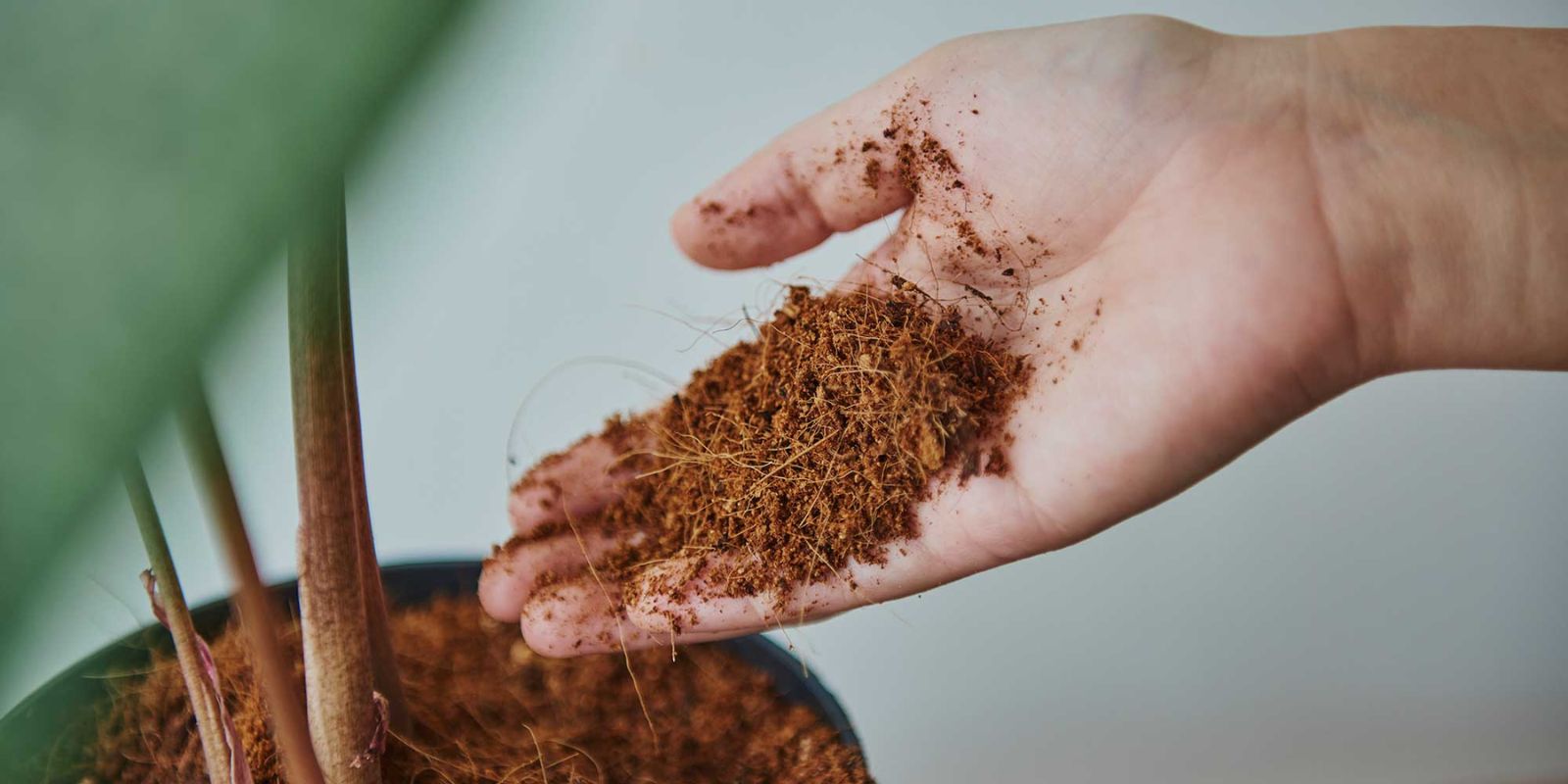Organic fertilizing techniques are essential for anyone looking to cultivate a productive and healthy vegetable garden. By relying on natural methods, you enrich your soil without resorting to synthetic chemicals, which benefits both the environment and the quality of your produce. This comprehensive guide will walk you through effective organic fertilizing techniques to help you grow vibrant vegetables.
Why Organic Fertilizing?
Organic fertilizing is not just about avoiding synthetic chemicals; it’s about fostering a thriving ecosystem in your garden. Organic fertilizers:
- Enhance Soil Health: They improve soil structure, promote beneficial microbial activity, and increase the soil’s ability to retain moisture.
- Provide Balanced Nutrition: Organic fertilizers release nutrients slowly, providing a steady supply of essential elements to your plants.
- Promote Environmental Sustainability: They reduce pollution and soil degradation, contributing to a healthier environment.
Types of Organic Fertilizers
Understanding the various types of organic fertilizers and their benefits is crucial for choosing the right one for your vegetable garden. Here are the most common options:
1. Compost
- What It Is: Compost is decomposed organic matter, such as vegetable scraps, yard waste, and manure.
- Benefits: It enriches the soil with a balanced mix of nutrients and improves soil structure.
- How to Use: Incorporate compost into your soil before planting or use it as a top dressing around established plants.
2. Manure
- What It Is: Animal manure, such as cow, chicken, or horse manure, is rich in nutrients.
- Benefits: Provides a high level of nutrients, including nitrogen, phosphorus, and potassium.
- How to Use: Use well-rotted or composted manure to avoid burning plants. Apply it to the soil a few weeks before planting.
3. Organic Commercial Blends
- What They Are: These are pre-packaged fertilizers made from natural sources like fish emulsion, bone meal, or seaweed.
- Benefits: They offer a balanced nutrient profile and are convenient to use.
- How to Use: Follow the instructions on the package for application rates and methods.
4. Green Manures
- What They Are: Cover crops such as clover, rye, or legumes are grown specifically to improve soil fertility.
- Benefits: They add organic matter and fix nitrogen in the soil.
- How to Use: Grow green manures during the off-season, then incorporate them into the soil before planting.
Applying Organic Fertilizers
Effective application of organic fertilizers involves timing, placement, and proper quantity. Here’s how to apply them for optimal results:
1. Soil Preparation
Before planting, prepare your soil by incorporating organic matter. This improves soil structure and ensures a nutrient-rich environment for your vegetables. Spread a layer of compost or well-rotted manure over the soil and work it in with a garden fork or tiller.
2. Application Techniques
- For Compost: Mix compost into the soil before planting or use it as a mulch around plants. For established plants, apply a layer of compost around the base and gently work it into the topsoil.
- For Manure: Apply well-rotted manure to the soil several weeks before planting. Avoid using fresh manure, as it can burn plants and introduce pathogens.
- For Organic Blends: Follow the manufacturer’s instructions for application rates. Typically, these fertilizers are applied around the base of plants and watered in.
- For Green Manures: Grow cover crops in the off-season. Before planting your vegetables, cut down the cover crops and incorporate them into the soil.
3. Monitoring and Adjusting
Regularly monitor your plants for signs of nutrient deficiencies or excesses. Adjust your fertilizing practices based on your observations. For example, if plants are showing signs of nitrogen deficiency, you may need to add more nitrogen-rich organic matter.
Benefits of Organic Fertilizing
Using organic fertilizers offers numerous advantages:
- Improved Soil Health: Organic matter enhances soil structure, water retention, and microbial activity.
- Sustainable Gardening: Organic practices reduce reliance on synthetic chemicals, contributing to environmental conservation.
- Enhanced Plant Health: Organic fertilizers provide a slow, steady release of nutrients, promoting stronger, healthier plants.
Tips for Successful Organic Fertilizing
- Start with Quality Soil: Good soil is the foundation of successful organic gardening. Regularly add organic matter to maintain soil fertility.
- Rotate Fertilizers: Use a combination of different organic fertilizers to provide a broad spectrum of nutrients.
- Avoid Over-Fertilizing: Too much fertilizer can harm plants and lead to nutrient runoff. Follow application guidelines to prevent overuse.
- Incorporate Organic Matter: Regularly add compost or other organic materials to keep your soil fertile and well-structured.
Conclusion
Organic fertilizing is a powerful technique for enhancing the health and productivity of your vegetable garden. By choosing the right organic fertilizers and applying them effectively, you can create a thriving garden that supports plant growth and contributes to environmental sustainability. Embrace these organic methods to enjoy bountiful harvests and a healthier garden ecosystem.
Engagement Prompt:
What organic fertilizing techniques have you used in your vegetable garden? Share your experiences and tips with fellow gardeners in the comments below! 🌿🥕

